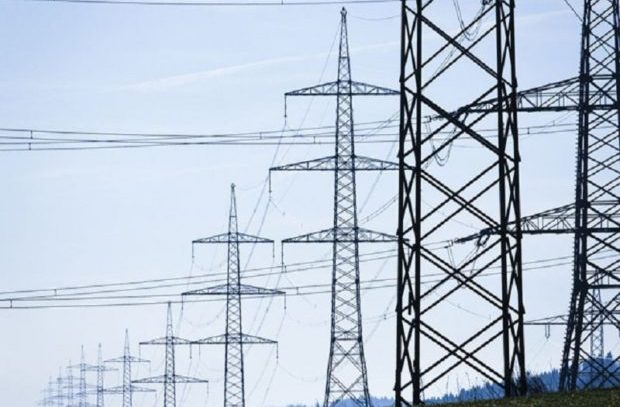7 countries offer to solve Philippines’ power problems

Power lines of the National Grid Corporation of the Philippines (INQUIRER FILE PHOTO)
MANILA, Philippines — Even before President Rodrigo Duterte signed Executive Order No. 164 adding nuclear energy in the country’s power source mix, several countries had already offered to help the Philippines find a way to reduce the cost of electricity.
Renowned geologist Carlo Arcilla, director of the Philippine Nuclear Research Institute (PNRI), said at least seven countries made offers to help tap nuclear energy to cut power costs that are the most expensive in Asia.
Arcilla, former director of the National Institute of Geological Sciences, identified the countries as the United States, Russia, Japan, South Korea, Argentina, France and the United Kingdom.
But the most “concrete offer” was from South Korea, which offered to rehabilitate the mothballed Bataan Nuclear Power Plant (BNPP) for $1 billion at their own cost, Arcilla said.
“This will be part of future discussions among concerned government agencies on how do we deal with the offer by South Korea since they will be the one to spend money here,” Arcilla told the Inquirer in a phone interview.
Producing 24.5 gigawatts of nuclear energy from 23 reactors in 2021, South Korea is the sixth largest nuclear energy producer in the world.
Top nuclear producers
The other top nuclear power producers in the world are the United States with 91.5 GW, France 61.3 GW, China 50.8 GW, Japan 31.7 GW, Russia 29.6 GW, Canada 13.6 GW, Ukraine 13.1 GW, United Kingdom 8.9 GW and Spain 7.1 GW.
Arcilla mentioned that Russia sent scientists to check on the BNPP, but the government is wary of initiating talks because of the sanctions imposed on Moscow for its invasion of Ukraine.
France and the United Kingdom also made similar offers to help in rehabilitating BNPP and even assisting the Philippines with its move toward nuclear energy.
Arcilla also disclosed that Argentina, which has been pursuing nuclear energy development since the 1960s, offered help in developing research reactors.
The BNPP, the country’s only foray into nuclear energy production, was conceived in the early 1970s and the American company Westinghouse Electric began construction in 1976. It was nearly completed when then President Ferdinand Marcos was ousted in 1986.
‘Tedious process’
It was never fueled because of public fears caused by the Chernobyl nuclear accident in 1986 and charges of corruption.
Arcilla, who has been involved in nuclear energy research for decades, said the significance of Executive Order No. 164 was that it reopens the nuclear option, even if it did not involve BNPP.
But he clarified that it will take years before a decision on rehabilitating BNPP or building another nuclear plant can be made.
He said the government would have to undergo a “tedious process,” including feasibility studies on location and technology as well as consultations with the International Atomic Energy Agency (IAEA).
“This is the most important thing here,” he said. “Nuclear energy is not just a so-so matter unlike natural gas, coal. In nuclear, we have to include the IAEA here.”
RELATED STORIES
Duterte signs EO for nuclear power use as alternative energy source
ICSC sees power supply shortage on election period
Brace for power and water shortages – lawmaker
Subscribe to INQUIRER PLUS to get access to The Philippine Daily Inquirer & other 70+ titles, share up to 5 gadgets, listen to the news, download as early as 4am & share articles on social media. Call 896 6000.